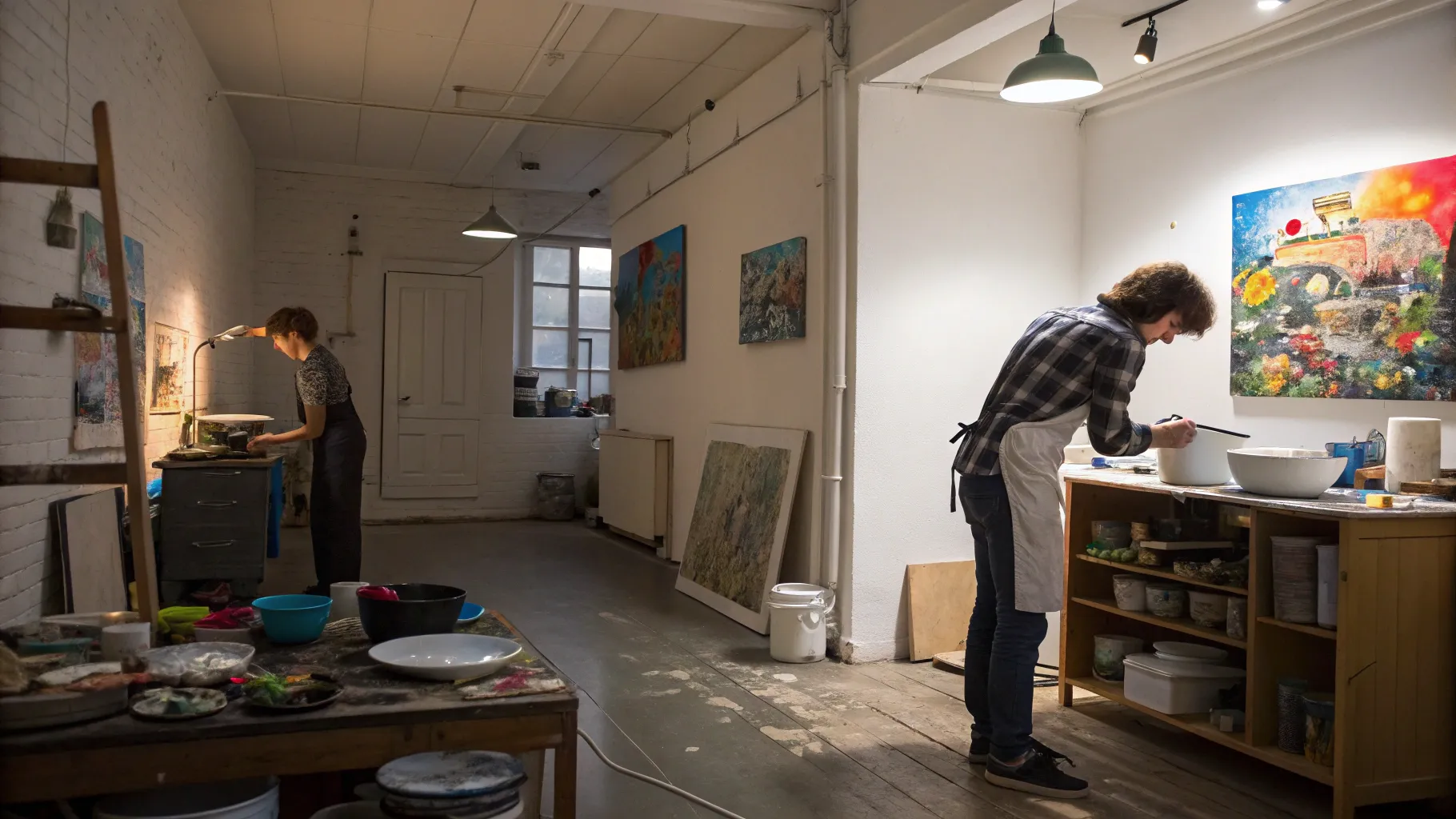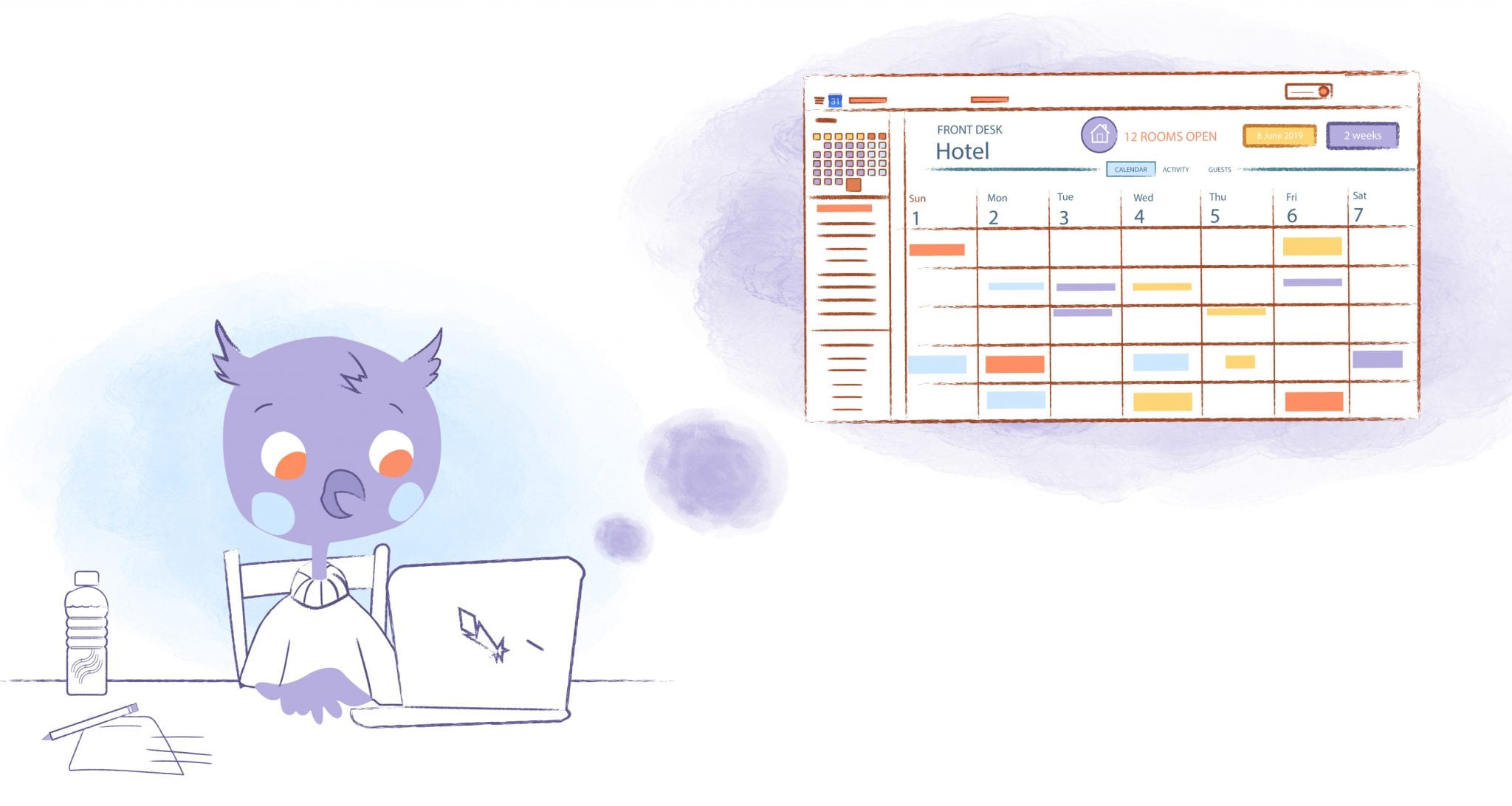
Recently, I came across an inspiring Instagram post from an artist in Fort Collins that stopped me in my tracks: “32 broke living with my parents and washing dishes for money. Then, 42, own a business selling millions of dollars of my own art.” This powerful before-and-after snapshot perfectly captures what I’ve been thinking about lately — this persistent feeling many of us have that we’re somehow “behind” in life.
If you’ve ever felt like you missed your window of opportunity or that it’s too late to pursue your dreams, I want to share some perspective that might change your outlook. The idea that we’re “too late” is often more fiction than fact, and understanding why could be the permission slip you need to start something new.
Early Birds Don’t Always Get the Worm
We’ve all had that moment – watching someone younger excel at something we’re struggling with, wishing we’d started earlier. I remember trying to learn skateboarding at 15 and feeling frustrated while watching 12-year-olds easily land kickflips that I couldn’t master. The same thing happened when I started blogging at 19, only to discover that a 16-year-old was already earning $1,000 per month in passive income, while I earned $8 per hour at my campus IT job.
But this thinking is flawed. It’s essentially reverse procrastination – instead of pushing work to our future selves, we blame our past selves for not starting sooner. Either way, we’re avoiding the hard work required in the present.
David Epstein’s book “Range” makes a compelling case that in many fields, top performers aren’t those who started earliest. Roger Federer didn’t specialize in tennis as early as his competitors, but spent his childhood playing various sports. This diverse experience base actually gave him advantages that his single-sport peers lacked.
The top performers aren’t always the people who started practicing when they were two years old. In fact, it’s often the people who got started later in life and spent their earlier years exploring different things.
Epstein distinguishes between “kind” learning environments (such as chess or golf, where feedback is immediate and accurate) and “wicked” ones (where feedback is delayed, confusing, or incomplete). In these more complex environments, which describe most real-world fields, individuals with diverse experiences often adapt more effectively.
My own experiences confirm this. When I took a break from playing the guitar to relearn the piano from my childhood, I returned with a completely different understanding of the keyboard. Similarly, my dabbling in website development and graphic design made me a better content creator overall.
Redefining What “Late” Actually Means
The anxiety about being “late” stems from the belief that opportunity windows have closed. But have they? Consider these examples:
- Jimmy (the artist I mentioned) went from broke and living with parents at 32 to running a million-dollar art business at 42
- Steve Carell didn’t get his big break on “The Office” until age 43
- Vera Wang didn’t design her first dress until age 40
- Julia Child didn’t learn to cook until her late 30s and published her first cookbook at 49
- Ray Kroc was 52 when he started building McDonald’s into what it is today
The common thread? Consistency and patience. Jimmy had been serious about art since age 20. Carell was working with traveling theater troupes in the late 1980s. They put in years of effort before seeing significant results.
Two Crucial Habits That Keep Doors Open
To ensure “late” doesn’t become “never,” there are two vital practices worth adopting:
1. Take care of yourself physically and mentally
How gracefully you age depends largely on your habits. We’ve all seen 40-year-olds who look and act 60, and vice versa. If the habits you adopt today add 10 additional healthy, energetic years to your life, what does “late” even mean? Those are 10 more years to pursue your passions!
This means prioritizing sleep (aim for 8 hours), maintaining a balanced diet, and engaging in regular exercise. At 30, I think about this more than I did in my twenties, and it becomes increasingly important with age.
2. Cultivate a “beginner’s mind”
This concept from Zen Buddhism involves approaching experiences without preconceived notions, listening actively, and assuming you always have something to learn. Individuals who maintain this mindset remain adaptable throughout their lives.
We all know folks who finished school, got comfortable in their jobs, and stopped learning, believing they already know everything they need to know. Their thinking calcifies, and opportunities truly do close for them.
But those who practice beginner’s mind – who remain curious and open to new ideas – can adapt, learn, and progress throughout their entire lives.
Pushing Through “This Is Pointless”
There’s a visualization by Jack Butcher that perfectly captures the journey of mastery. Many people give up at the “this is pointless” stage, right before a breakthrough would occur. Your current frustration might be the final hurdle before significant progress.
While you can’t reclaim time that’s passed, that doesn’t mean opportunity doors have closed. By maintaining a beginner’s mind, taking care of yourself, and consistently putting in effort over time, you might be amazed at what you can accomplish, regardless of your current age or starting point.
The next time you catch yourself thinking it’s too late, remember Jimmy washing dishes at 32 and selling millions in art at 42. The window hasn’t closed unless you decide to close it.
Frequently Asked Questions
Q: Is there an age limit for starting something new?
Absolutely not. As shown by numerous examples like Jimmy (the artist) and Steve Carell, significant success can come at any age. Many people find their most important achievements in their 40s, 50s, or even later. Your timeline is unique to you.
Q: How do I overcome the feeling that I’ve wasted time?
Reframe your past experiences as valuable rather than wasted time. Those diverse experiences often provide unique perspectives and skills that benefit your current pursuits. Focus on what you’re learning now rather than what you could have learned earlier.
Q: What if I’m struggling to stay consistent with my goals?
Start small and build momentum. Consistency doesn’t mean perfection – it means showing up regularly, even when progress feels slow and steady. Track your efforts, not just the results, and celebrate small wins along the way. Remember that most “overnight successes” actually took years of behind-the-scenes work.
Q: How important is physical health to long-term success?
It’s fundamental. Your physical and mental health significantly impact your energy levels, cognitive function, and overall longevity – all of which are crucial for sustained success. Prioritizing sleep, nutrition, and exercise isn’t just about living longer; it’s about maintaining the capacity to pursue your passions with vigor throughout your entire life.
Q: What does “beginner’s mind” look like in practice?
It means approaching situations with curiosity rather than assumptions. Ask questions instead of making statements. Listen more than you speak. Be willing to try new methods even when you’re experienced. Regularly seek feedback and be genuinely open to changing your approach based on what you learn.











Angela Ruth
My name is Angela Ruth. I aim to help you learn how Calendar can help you manage your time, boost your productivity, and spend your days working on things that matter, both personally and professionally. Here's to improving all your calendars and becoming the person you are destined to become!